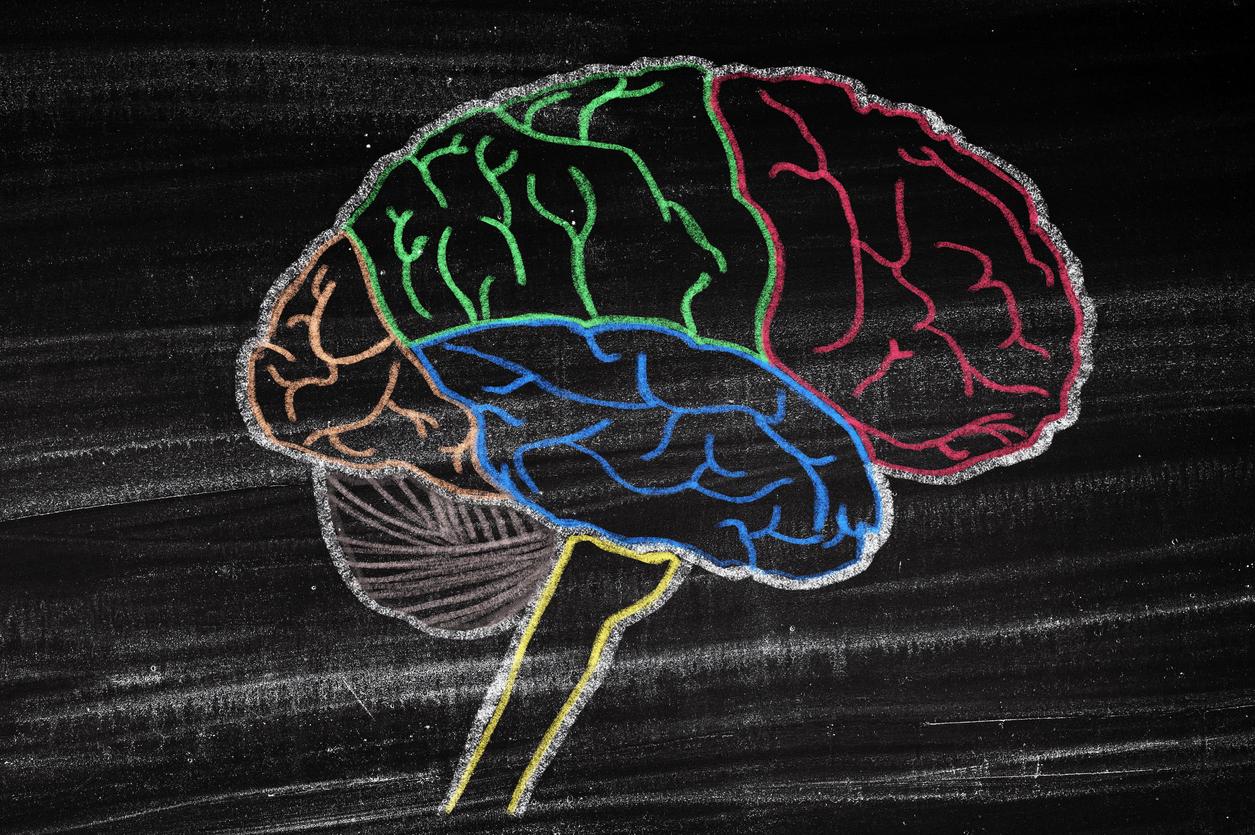The brain science behind the importance of decodable books
Here's a step-by-step summary of why it's important for kids to learn to read using decodable books:
What are decodable books: Books that include only words that the reader has already learned to read. For example, if a child has only been taught about how to blend consonant-vowel-consonant (CVC) words (e.g., "cat"), the decodable book for that child would only include CV and CVC words. Decodable books do not contain words that are beyond the child's current decoding mastery.
Decodable books are different from "leveled readers," which are books that contain words that the child cannot yet sound out (or decode), because they have not learned the rules for that type of word yet. For example, a book for a child in Kindergarten that contains the word "boat" would not be decodable because a typical Kindergarten child has not yet learned that the "oa" combination makes the "long-o" sound. In order to read "boat," this young reader would be guessing based on context or a picture.
Guessing is not reading. Guessing is actually detrimental to the process of learning how to read. Here's the brain science behind why this is true:
Reading can be summed up as a 3-part process:
1. Automatic recognition of the shape on the page (letter) and nearly immediate association of that shape with its meaning (this is what makes letters symbols, not just lines on a page (AKA: rapid automatic naming)
2. Combining the sounds that go with each symbol, putting them together to make a "word" (AKA: phonological processing)
3. Connecting that word to its meaning (AKA: semantic association)
Once this 3-part process happens a bunch of times, the brain literally has a special storage system where it puts that word. It's call the "visual word form area" (VWFA). It's in the back left part of the brain, and it stores these words which have been decoded and connected to their meaning so that the next time it sees that word, it can just pull it off the shelf, connect it to its meaning and move along. It's one of these quite miraculous ways in which the brain maximizes efficiency so that we can do very cool and complex things in this world.
Fancy term: this process is called "Orthographic Mapping"
Guessing interrupts orthographic mapping. It skips steps 1 and 2, which are required for the ultimate storage of the word in the VWFA. This is why students who memorize sight words without learning to decode them never really seem to "absorb" them and show inconsistencies in their recall of the words. The words never got stored on the magical shelf.
Here's my general recommendation: If/when your child brings home books from school that contain words with letter patterns/combinations which they have not yet learned to sound out, read those books aloud to your child. Do not encourage them to guess the words based on the pictures. Then, have a separate reading practice time using decodable books that match your child's current level of reading decoding mastery (with patterns they've already learned).
I often talk about separating reading practice into "3 buckets": decoding, fluency, and content. It is super important that all decoding practice involves actual decoding, no guessing. The decoding and fluency practice times at home should be "short, easy, and perfect," to build confidence and automaticity.



